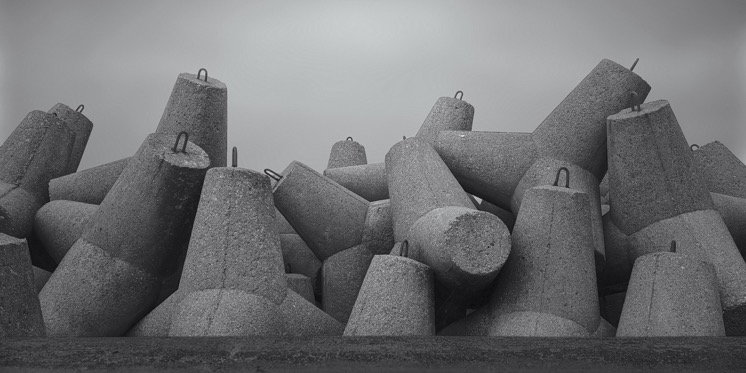
Week 10: Barriers to Evidence-Use
Guiding Questions
Does new evidence on a policy affect policymakers’ beliefs? How do political institutions enable or hinder evidence-use? In our last meeting, we return to some of the questions we asked in our first meeting.
Required readings
- Stack, Kathy (2018). The Office of Management and Budget: The Quarterback of Evidence-Based Policy in the Federal Government. The ANNALS of the American Academy of Political and Social Science, 678(1), pp. 112–123.
- Lindblom, Charles E. (1959). The Science of "Muddling Through". Public Administration Review, 19(2), pp. 79–88.
- Hjort, J and Moreira, D and Rao, G and Santini, JF (2021). How Research Affects Policy: Experimental Evidence from 2,150 Brazilian Municipalities. American Economic Review, 111(5).
- Corduneanu-Huci, Cristina and Dorsch, Michael T and Maarek, Paul (2021). The Politics of Experimentation: Political Competition and Randomized Controlled Trials. Journal of Comparative Economics, 49(1), pp. 1–21.
Further reading
- Das, Sabyasachi (2020). (Don't) Leave Politics out of it: Reflections on Public Policies, Experiments, and Interventions. World Development, 127, pp. 104792.
- Drèze, Jean (2020). Policy Beyond Evidence. World Development, 127, pp. 104797.
- Lee, Nathan (2019). Do Policy Makers Listen to Experts? Evidence from a National Survey of Local and State Policy Makers. American Political Science Review(forthcoming).
- Banuri, Sheheryar and Dercon, Stefan and Gauri, Varun (2019). Biased Policy Professionals. The World Bank Economic Review, 33(2), pp. 310–327.